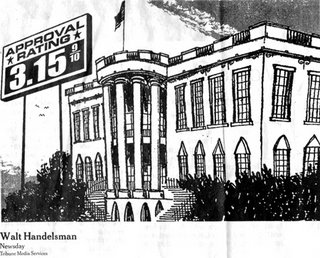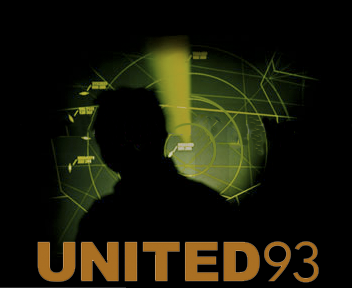
I’ve read your recent speeches about the need for a real ethics bill, criticizing the Republican “culture of corruption,” and your frustration with H.R. 4975. I saw you last Sunday morning on
Meet the Press. And I’ve been an admirer of your career ever since working on your various congressional and senate campaigns.
It’s with that history that I hope you’ll review what I am suggesting regarding the subject of ethics.
Harmful, aversive interactions between people appear to be on the rise. We are becoming increasingly indifferent to violations of the ethical principles and values by which we try to live and to the hypocrisy we witness around us. Social aggression, violence, ethnic warfare, and terrorism feel like they’re inevitable.
Most destructive behaviors that people engage are, in fact, unintentional and innocent in the sense that they are part of a pattern of defenses that children develop early in life to protect themselves against emotional pain and frustration. These defensive behaviors are reinforced and become crystallized in the personality when children learn about death. Individual defenses then combine to produce cultural attitudes and social mores that shape a given society. The pooling of individual defenses, and their collective repression, threatens our existence on this planet.

When the world view or belief system of a particular group or nation is threatened by outside influences, people are terrified of re-experiencing the pain, anticipatory grief, and dread associated with death. They become angry and aggressive toward those who disagree with their particular solution to the death problem.
Many recent studies prove that the fear of death drives people to demonize those who hold different world views or beliefs about life and death. Tragically, most people are willing to sacrifice themselves in war to preserve their nation’s or religion’s particular symbols of immortality in a desperate attempt to achieve a sense of mastery over death. On a lesser scale, people can be – and are – manipulated using pseudo fears that elicit the same psychological reaction(s).
The subtle aversive behaviors and toxic personality traits of people who are innocent in the sense that they are simply trying to protect themselves against emotional pain as they did when they were children, are nevertheless, actions which incidentally harm others, psychologically, spiritually, and at times, even physically.
In my opinion, these psychological underpinnings are not being wisely discussed, taught, understood, or acted upon… including within the Congressional Ethics Committee.
You suggested on Meet the Press that if the Democrats regain the House you will immediately submit a comprehensive ethics bill. I suggest that your staff interview a very short list of psychologists who could help you incorporate these psychological doctrines thereby giving your legislation a better chance at long-term success:

Tom Pyszczynski, professor, Psychology, University of Colorado at Colorado Springs
Sheldon Solomon, professor, Psychology, Skidmore College, Saratoga Springs, N.Y
Jeff Greenberg, professor, Psychology, University of Arizona, Tuscon
Robert Firestone, psychologist, author and theoretician, Santa Barbara, CA
Baba Shiv, associate professor, Graduate School of Business, Stanford University
Papers, articles and books by these psychologists (plus Ernest Becker) could help your staff construct legislation which states could emulate in a soft power manner:
The Origins of Ethic Strife, Mind and Human Interaction, Vol 7, #4, 1996, Robert W. Firestone
In the Wake of 9/11: The Psychology of Terror, Pysczynski, Solomon, Greenberg
The Denial of Death, Ernest Becker
Let Us Eat and Drink, for Tomorrow We Shall Die: Effects of Mortality Salience and Self-Esteem on Self-Regulation in Consumer Choice, Journal of Consumer Research, 2006, Baba Shiv et al
I wish you the best in your endeavors to combat the “culture of corruption” and in developing and presenting real ethics legislation that stand a chance of remedying our present situation.



 work to elect a person you really liked and trusted, the debates and depth of conversations, the campaigning - these all made it alive, vibrant and fun. The only remnant of the fun from those days are today's political cartoons. They hit their target and make you think, yet they also make you smile.
work to elect a person you really liked and trusted, the debates and depth of conversations, the campaigning - these all made it alive, vibrant and fun. The only remnant of the fun from those days are today's political cartoons. They hit their target and make you think, yet they also make you smile. 

 When the world view or belief system of a particular group or nation is threatened by outside influences, people are terrified of re-experiencing the pain, anticipatory grief, and dread associated with death. They become angry and aggressive toward those who disagree with their particular solution to the death problem.
When the world view or belief system of a particular group or nation is threatened by outside influences, people are terrified of re-experiencing the pain, anticipatory grief, and dread associated with death. They become angry and aggressive toward those who disagree with their particular solution to the death problem. 



 Joe Klein
Joe Klein "Most people want security in this world, not liberty."
"Most people want security in this world, not liberty." 


 Lee Atwater
Lee Atwater